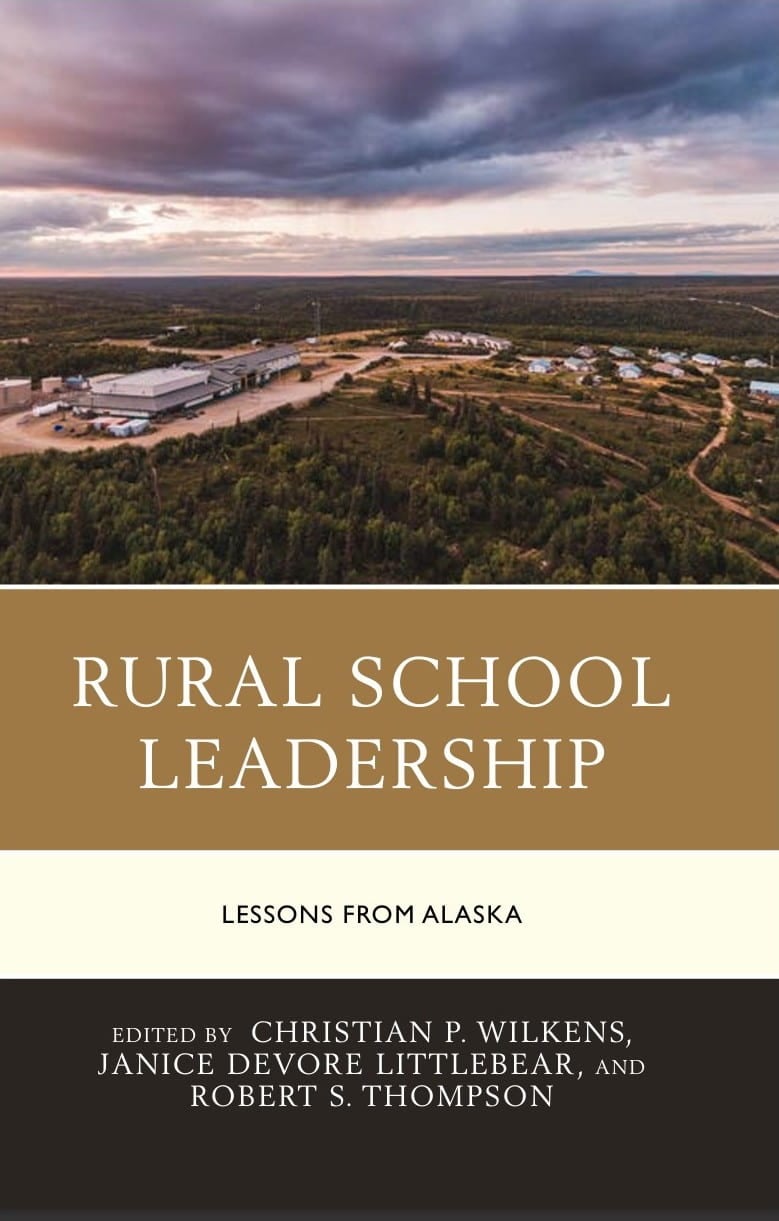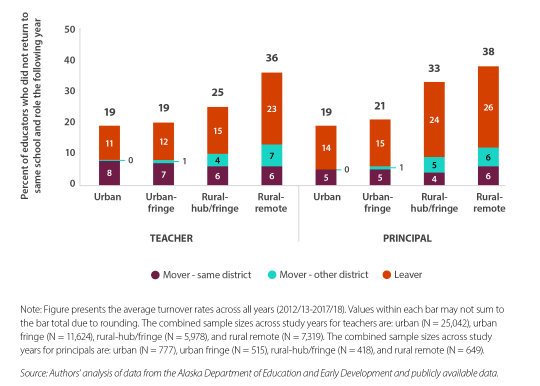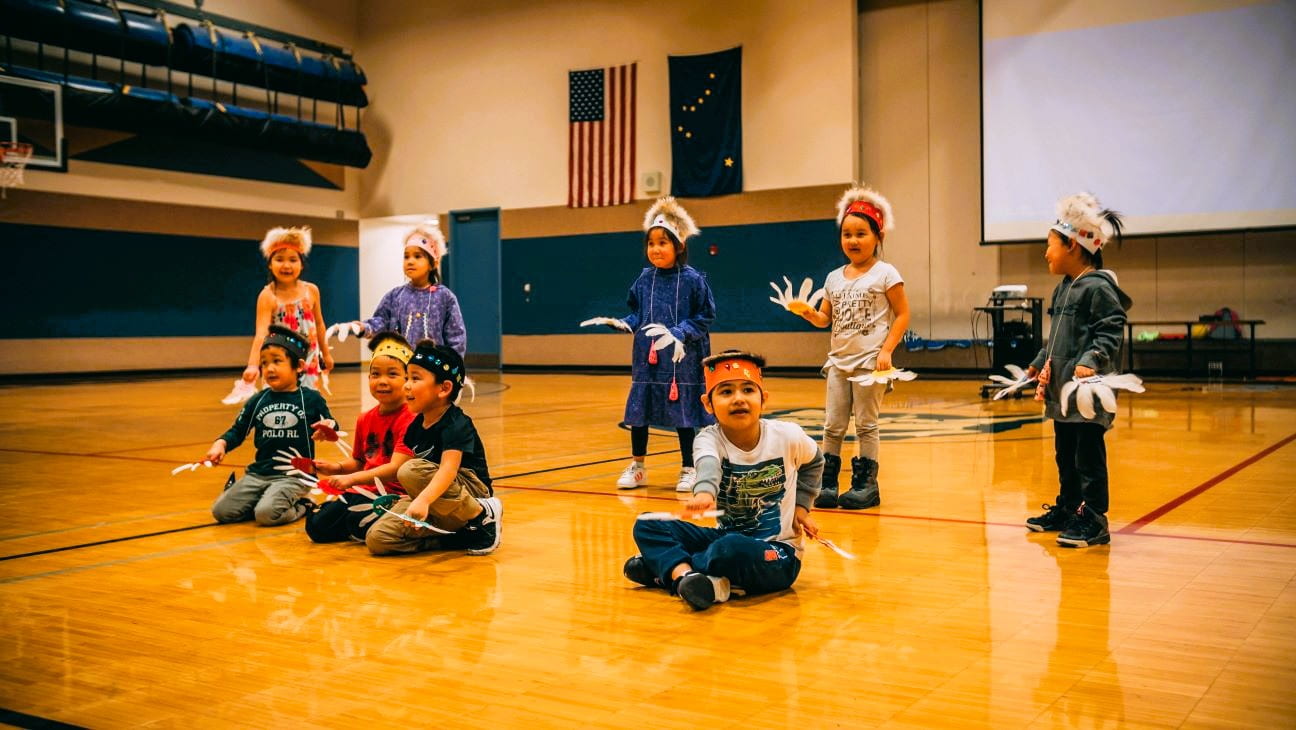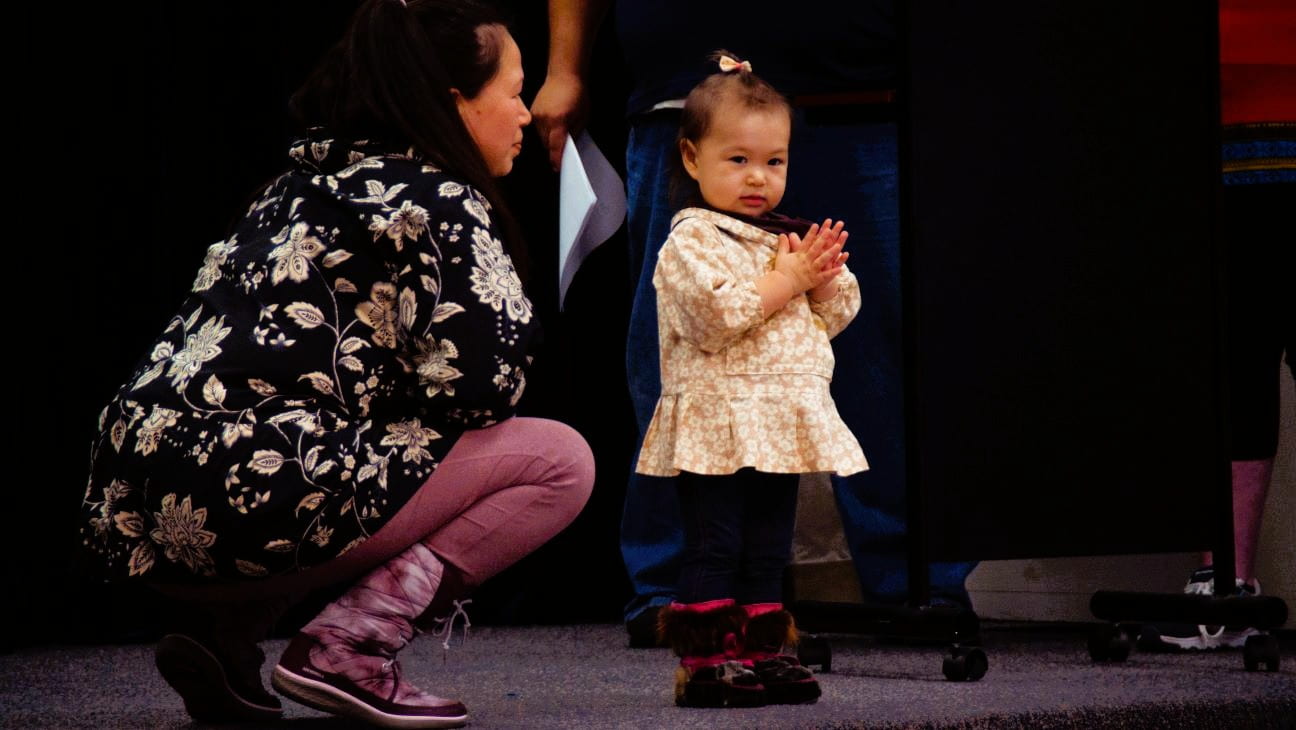New Book Focuses On the Importance of Leadership in Rural Alaska Schools By Chris Wilkens
- Our Alaskan Schools Blog
- Jan 15
- 2 min read
Updated: Feb 19

On January 17th, Rowman & Littlefield will publish Rural School Leadership: Lessons from Alaska, a book written by and for school leaders in rural Alaska.
The authors tell stories and share examples from Utqiaġvik to Sháan Séet (Craig), Mamterilleq (Bethel) to Qikiqtaġruk (Kotzebue), and points in between. Throughout, the various authors emphasize relationships and cross-cultural work in rural Alaska schools and highlight practical solutions to challenges large and small. One chapter features an exploding potato!
This book emerged from discussions among Alaska Statewide System of Support (SSOS) coaches back in early 2020. SSOS coaches worked directly with leaders in Alaska schools that had been designated for improvement. Alaskans cheerfully share what they know… but it can be very difficult for those new to the work to figure out what or who to ask.
Worse, turnover among educators in Alaska is high. About 38% of rural Alaska principals leave their jobs each year. That’s a lot of experience and wisdom lost.

One aspect shared by all coaches is that educational leadership matters. Good leaders lay the groundwork for strong school programs and strong community support. Without good leaders, any system becomes a boat without a rudder
Hence a book on school leadership. It was written because students and schools in rural Alaska deserve good leadership, as do all schools. It was written to try to collect the wisdom and experience of key people doing quality school leadership in rural Alaska. It was written in the hope that it would be useful for anyone new to rural Alaska or new to the work of school leadership, or any school leader wanting to be effective in their community.
The authors represent a diverse set of experience and perspectives. They include Indigenous and Western educators, principals, lead teachers, university faculty, parents and grandparents, consultants, and a school superintendent. Some are “retired” – which never quite means “not working” in Alaska education. They all tried to use the same lens when writing: leadership informed by experiences that bridge Indigenous and Western systems. This core belief is something everyone involved cares deeply about.

You can read the book cover-to-cover, but it’s perfectly fine to jump around to chapters of interest. The book’s introduction is online here if you’d like more background, or some idea of the tone. For more in-depth information, the table of contents is also online here – click on “TOC” so you can see what’s in the book, and who wrote what.
Dozens of people and organizations throughout Alaska supported the book in its development, writing, revision, and eventual publication. The authors are grateful to each. A heartfelt thank you to every student the authors have had the privilege to teach and lead. Thanks, too, to fellow teachers, leaders, parents, Board members, Elders, and communities.
And thanks to everyone doing the work now. It is difficult yet rewarding work. The authors all want to support Alaskan educators and believe in the value of rural schools. They also hope you agree with Rick Luthi?
“I wish I would have had this guide when I started my career as a rural principal. What a wealth of insight and knowledge for administrators new to rural Alaska.” ~ Rick Luthi, MEd., Alaskan educator for 40 years, teacher, principal, and superintendent in rural Alaska.





Comments